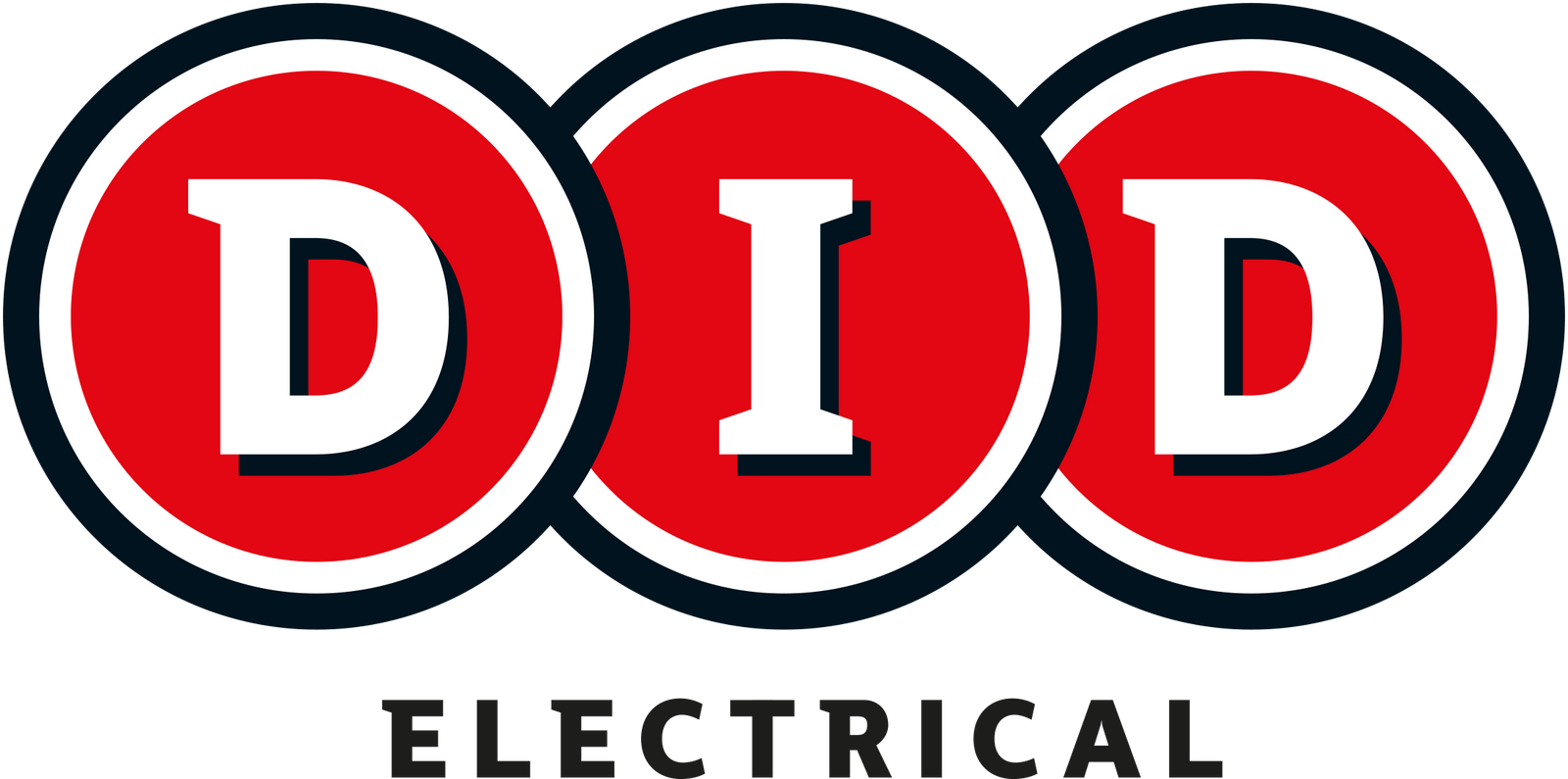As environmental consciousness grows, both consumers and manufacturers are turning to sustainable solutions.
DID Electrical is known for its wide range of home appliances and electronics, and is at the forefront of this shift towards sustainability.
Sustainability is not just a buzzword anymore - it's a driving force behind the future of home appliances, impacting the design, production, and use of everyday devices in households.
The Push Towards Energy Efficiency
One of the most significant trends in the appliance industry is the growing emphasis on sustainability and eco-conscious decision making.
Appliances like refrigerators, freezers, washing machines, and dishwashers now come with energy ratings that help consumers make informed decisions about their environmental footprint, and help make sustainability-driven choices.
Key Technologies:
Inverter Technology: Found in many newer models of refrigerators, washing machines, and air conditioners, inverter technology allows appliances to use only the energy needed at any given time. This reduces wastage and saves energy, making it a key feature for sustainability-conscious households.
Smart Appliances : By connecting to a home’s Wi-Fi network, smart appliances can optimise usage patterns, reduce energy consumption, and even remind users when it’s time for maintenance. For example, smart thermostats can learn your habits and adjust heating and cooling patterns to save energy.
The Role of Renewable Energy in Sustainability
The use of renewable energy in the home is another important factor in the sustainability of home appliances. With the rise of solar panels, homeowners can now generate their own electricity, which can power their appliances.
DID Electrical offers several products compatible with solar-powered homes, such as energy-efficient dishwashers, refrigerators, and washing machines.
In the near future, many home appliances will work seamlessly with solar, wind, or geothermal energy sources.
Recycled Materials and the Circular Economy
Another step toward sustainability is the use of recycled materials in the production of appliances.
Manufacturers are looking for ways to reduce their carbon footprint by reusing materials that would otherwise end up in landfills.
Moreover, the concept of a circular economy is gaining traction in the appliance industry.
Rather than designing products with a limited lifespan, manufacturers are focusing on creating appliances that can be repaired, refurbished, or recycled - keeping sustainability in the forefront of their minds.
We provide information about repair services, encouraging consumers to opt for fixing rather than replacing their devices when possible.
Water Conservation in Appliances
While energy efficiency has been a focus for years, water conservation is becoming increasingly important for sustainability, especially in appliances like dishwashers and washing machines.
Modern appliances are designed to use less water while still performing at a high level.
Some washing machines now feature sensors that adjust water levels based on the load size, ensuring that no water is wasted.
Dishwashers have also made strides in water conservation, with some models using less than half the water of older machines.
These innovations are crucial as the world faces increasing water scarcity, and therefore increase sustainability.
Reducing Food Waste with Smart Refrigeration
Smart refrigerators are playing a big role in reducing food waste, which is another important aspect of sustainability.
These appliances come with features such as cameras that let you check your fridge’s contents remotely, ensuring you don't buy duplicates when grocery shopping.
Some even have reminders for expiration dates, which help you use food before it spoils.
In addition, advanced temperature control systems keep food fresher for longer, cutting down on spoilage and waste.
Eco-Friendly Cooking
The way we cook is also changing with the rise of sustainability in appliances.
Induction cooktops, for instance, are more energy-efficient than gas or electric stoves because they heat food directly through electromagnetic energy.
This method not only reduces energy usage but also cuts down on cooking time.
Convection ovens are another example of sustainability-forward cooking appliances.
They circulate hot air around the food, reducing cooking time and the amount of energy required to prepare meals.
For consumers looking to reduce their environmental impact in the kitchen, DID Electrical offers a range of eco-friendly cooking appliances.
The Importance of Proper Recycling
At the end of an appliance’s life cycle, proper recycling is essential to reduce environmental impact and increase sustainability.
Many modern appliances contain hazardous materials such as refrigerants or heavy metals that need to be handled carefully.
Retailers like DID Electrical are taking responsibility by offering recycling programs for old appliances.
This service ensures that outdated devices are disposed of properly and that valuable materials are recovered and reused.
Consumer Education and Awareness
Finally, educating consumers is a crucial part of driving the shift toward sustainability within appliances.
Many people are not aware of how much energy and water their appliances use or how they can reduce their environmental footprint.
Retailers like DID Electrical play an important role by providing information on energy ratings, eco-friendly features, and proper maintenance practices to prolong the lifespan of appliances.
Consumers are more likely to invest in sustainable technology and sustainability when they understand the long-term benefits, both for their wallets and the planet.
With more awareness and the right choices, households can significantly reduce their carbon footprint by opting for energy-efficient and eco-friendly appliances.
Conclusion: The Future is Green
Sustainability is not a trend—it’s the future.
As consumer demand for eco-friendly products grows, the home appliance industry will continue to evolve in its sustainability.
DID Electrical is well-positioned to offer sustainability in the latest in energy-efficient home appliances, helping Irish households reduce their environmental impact while enjoying cutting-edge technology.
The transition to a more sustainability-focused way of living begins in the home, and appliances play a pivotal role in this shift.
By choosing energy-efficient, water-saving, and smart appliances, consumers can make a meaningful contribution to a greener future.













